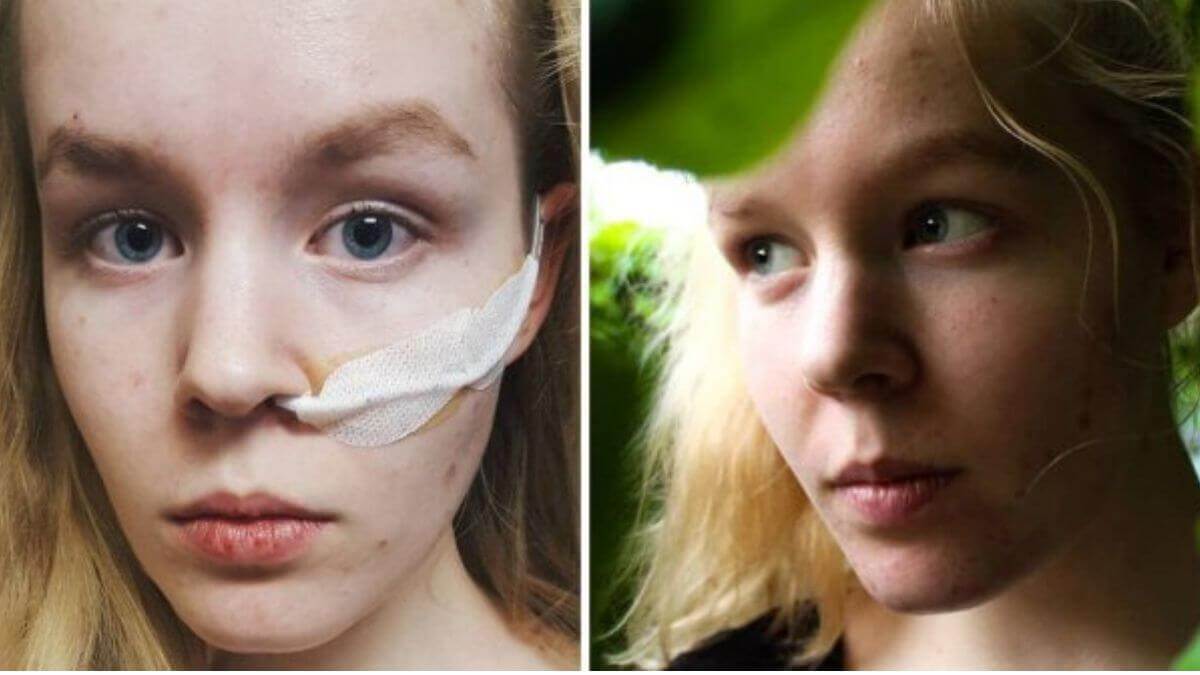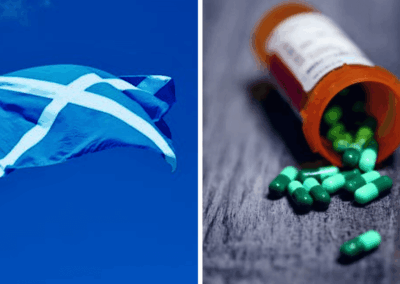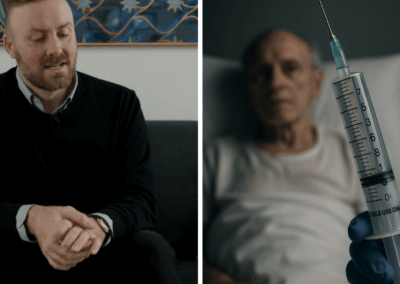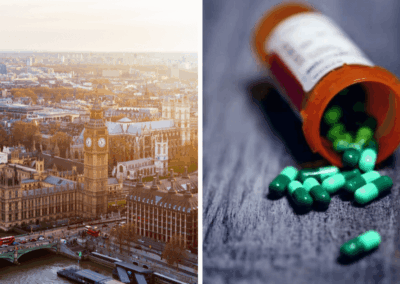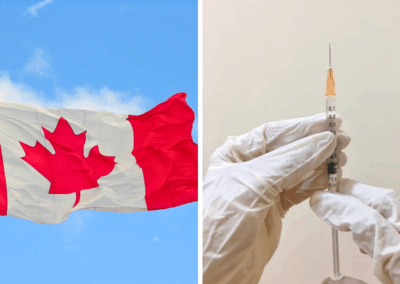(noamaestro/Instagram)
UPDATE: 06/05/2019 Dutch Newspapers are now reporting that Noa was not euthanised but stopped taking nutrition and hydration which resulted in her death.
Noa Pothoven, a 17-year-old girl who was raped as a young child ended her life at a euthanasia clinic in the Netherlands last Sunday. She said her ‘suffering was unbearable’ and under Dutch law, was permitted to be euthanised in her living room in Arnhem.
Dutch law permits minors from 15-17 years old to be euthanised without any consent from the family. Noa spoke about her battles with mental illness after being raped and molested at a young age in her autobiography Winning or Learning. As a result of these experiences, she suffered from post-traumatic stress disorder (PTSD), depression and anorexia.
She said that the Netherlands does not have specialised institutions or clinics where teens can go for psychological or physical aid.
In a social media post one day before her death, she wrote: “I will get straight to the point: within a maximum of 10 days I will die. After years of battling and fighting, I am drained. I have quit eating and drinking for a while now, and after many discussions and evaluations, it was decided to let me go because my suffering is unbearable.” Noa eventually turned to her eating disorder as a way of coping with the trauma she had experienced, yet it was this which in the end caused her the unbearable amount of pain which lead to the decision to end her own life. The p a professional, and subsequent treatment, can lead to recovery but for many it can be a fatal condition.
Noa added that she never felt as though she was “alive”, rather surviving, writing: “I breathe, but I no longer live.”
According to Dutch law, euthanasia is legal under the ‘Termination of Life on Request and Assisted Suicide (Review Procedures) Act’. It became law in 2002. With the agreement of a doctor, children as young as 12 can be euthanised if they desire it.
In 2017, 6,585 people chose euthanasia to end their own lives in the Netherlands, about 4.4 per cent of the total number of more than 150,000 registered deaths in the country, according to the Regional Euthanasia Review Committee which monitors all cases.
This tragic case is likely to be relevant in New Zealand where the End of Life Choice Bill is currently being debated.


